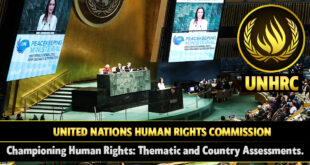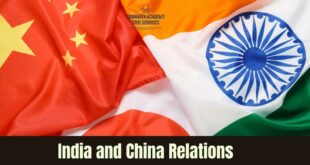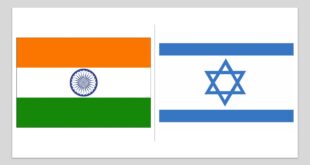- India leads a list of 10 countries that together account for 60 per cent of global maternal deaths, stillbirths and newborn deaths, and 51 per cent of live births globally, a report released by the United Nations has said.
- The latest published estimate in the progress tracking report by the WHO, UNICEF, and the UNFPA was launched at the ongoing ‘International Maternal Newborn Health Conference’ (IMNHC 2023).
- The four-day conference is being hosted by the Government of South Africa and AlignMNH — a global initiative funded by the Bill and Melinda Gates Foundation in collaboration with the United States Agency for International Development (USAID).
- Sub-Saharan Africa and Central and Southern Asia are the regions experiencing the largest number of deaths.
- According to the first-ever joint Every Newborn action Plan (ENAP) and Ending Preventable Maternal Mortality (EPMM) progress tracking report, the global progress in reducing deaths of pregnant women, mothers and babies has flatlined for eight years due to decreasing investments in maternal and newborn health.
Causes of the slow progress:
- The coronavirus pandemic has created setbacks to providing them with the health care they need
- Global challenges posed by climate change, conflicts and other emergencies
- Cost of living increases within countries
- Funding shortfalls and underinvestment in primary health care can devastate survival prospects.
What needs to be done?
- We need to focus on the quality of care and data as well.
- To increase survival rates, women and babies must have quality and affordable healthcare before, during and after childbirth, as well as access to family planning services.
- More skilled and motivated health workers, especially midwives, are needed alongside essential medicines and supplies, safe water, and reliable electricity.
- Interventions should especially target the poorest women and those in vulnerable situations who are most likely to miss out on lifesaving care, including through critical subnational planning and investments.
SOURCE: THE HINDU, THE ECONOMIC TIMES, PIB
 Chinmaya IAS Academy – Current Affairs Chinmaya IAS Academy – Current Affairs
Chinmaya IAS Academy – Current Affairs Chinmaya IAS Academy – Current Affairs



